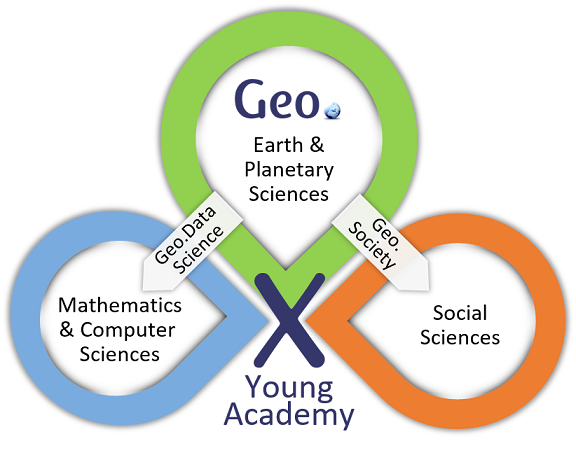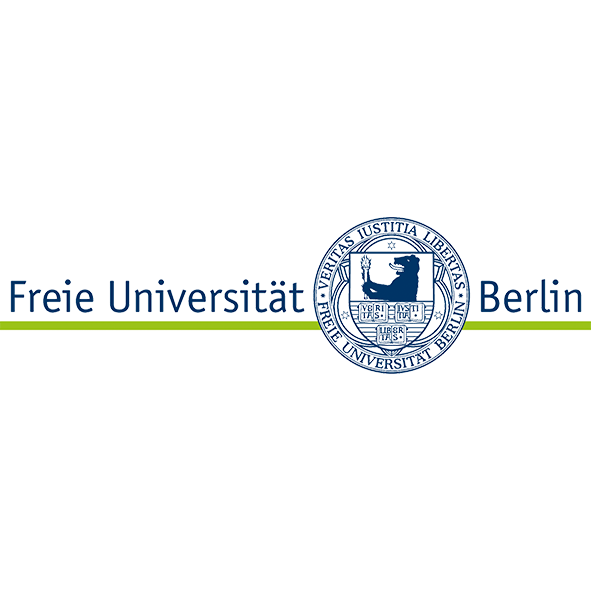Simon David Hirsbrunner
‘Negotiating the Data Deluge: User Engagement and Media Practices around Visual Imaginaries of Sea-Level Rise on YouTube’
I present my ongoing research on the public understanding of climate-impact scenarios - in this case popularized versions of sea-level rise mappings produced on Google Earth and featured on YouTube. Despite the increasingly prominent role of YouTube for science and climate communication, there is a wide research gap regarding the way people handle science-related information on the digital platform. Building on digital tools of user data extraction and qualitative analytic methods, I propose a categorization of ways people deal with ‚uncertain knowledge‘ in digital media debates - this includes coping strategies such as ‚debating solutions‘, ‚localizing‘, ‚imagining further‘, ‚ironizing', ‚challenging', and ‚conspiring'. Against dominant views on uncertainty representation and information trustworthiness, I suggest to focus more on the imaginative and discursive role of environmental risk visualizations.
Luise Haufe
‘Village ponds between tradition and transition in South India’
We are in Manimangalam, a village near Chennai in Tamil Nadu, South India. In a region of climatic extremes, with heavy monsoons and long drought periods, people had to learn to store water early. This let to an vast network of water bodies, huge and small. Here, you can see an ideal network of smaller ponds, fed by a large reservoir, following a gradient from the village to the fields. Residing by the ponds, you almost always find at least one shrine hosting a deity of the community, which uses the pond as a source of drinking and domestic water. I want to tell you more about the ponds, about uses and users, about their central connection to daily religious life and also about their uncertain future in a time of rapid urbanisation.
María Piquer-Rodríguez
‘Cross-boundary soyscapes in ecoregions of South America’
Ecoregions, i.e., environmentally homogenous areas, can be located in single or across several countries. Each country can shape the development of landscapes in different ways according to their management priorities. Therefore, the same ecoregion can be used by humans very differently depending on the country it is located. I will show how I characterize spatial agricultural land systems focused in the production of soybeans and I will present their transboundary differences within and across national ecoregions of South America.



